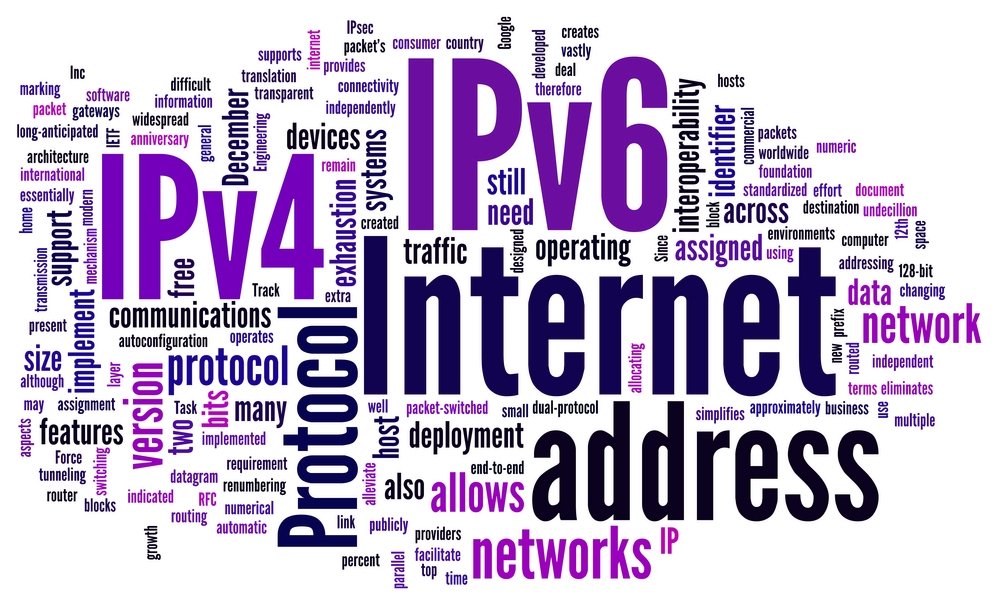The cloud company AWS will start charging customers for public IPv4 addresses from next year, claiming it is forced to do so because of their increasing scarcity but also to encourage IPv6 use.

It has now been four years since we ran out of IPv4s for allocation, and since then, those who want a new public address IPv4 can be had, either by organizations shutting down or by those returning addresses they no longer need as they migrate to IPv6.
If we believe its cloud division Amazon, η δυσκολία απόκτησης δημόσιων διευθύνσεων IPv4 έχει οδηγήσει το κόστος απόκτησης μιας διεύθυνσης να αυξηθεί κατά περισσότερο από 300% τα τελευταία πέντε χρόνια. "Αυτή η αλλαγή αντανακλά το δικό μας κόστος και έχει επίσης σκοπό να σας ενθαρρύνει να είστε λίγο πιο φειδωλοί με τη χρήση των δημόσιων διευθύνσεων IPv4 και να σκεφτείτε να επιταχύνετε την υιοθέτηση του IPv6", γράφει ο επικεφαλής ευαγγελιστής της AWS Jeff Barr, on the company blog.
The update will go into effect on February 1, 2024, and AWS customers will see a charge of $0,005 (half a cent) per IP address per hour for all public IPv4 addresses.
These charges will obviously apply whether the address is connected to a service or not, and like many AWS charges, seem trivial at first glance, but can add up over time, especially if a customer uses multiple IPv4 addresses.
These charges will apply to all AWS services such as EC2, Relational Database Service (RDS), Elastic Kubernetes Service (EKS) and will apply to all AWS regions, the company said.
However, customers will not be charged for IP addresses they own and transfer to AWS using Amazon's BYOIP feature.





